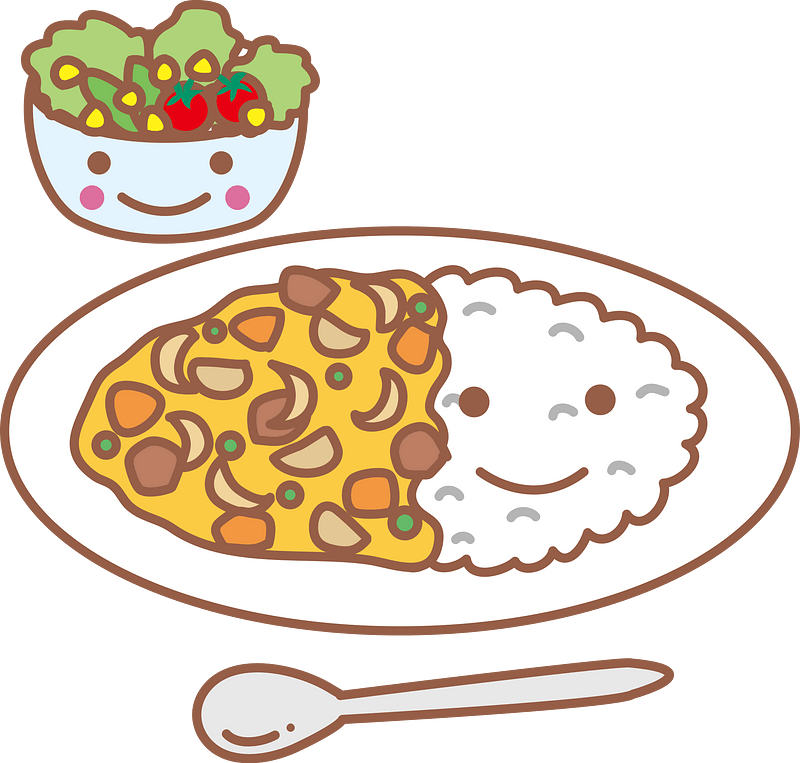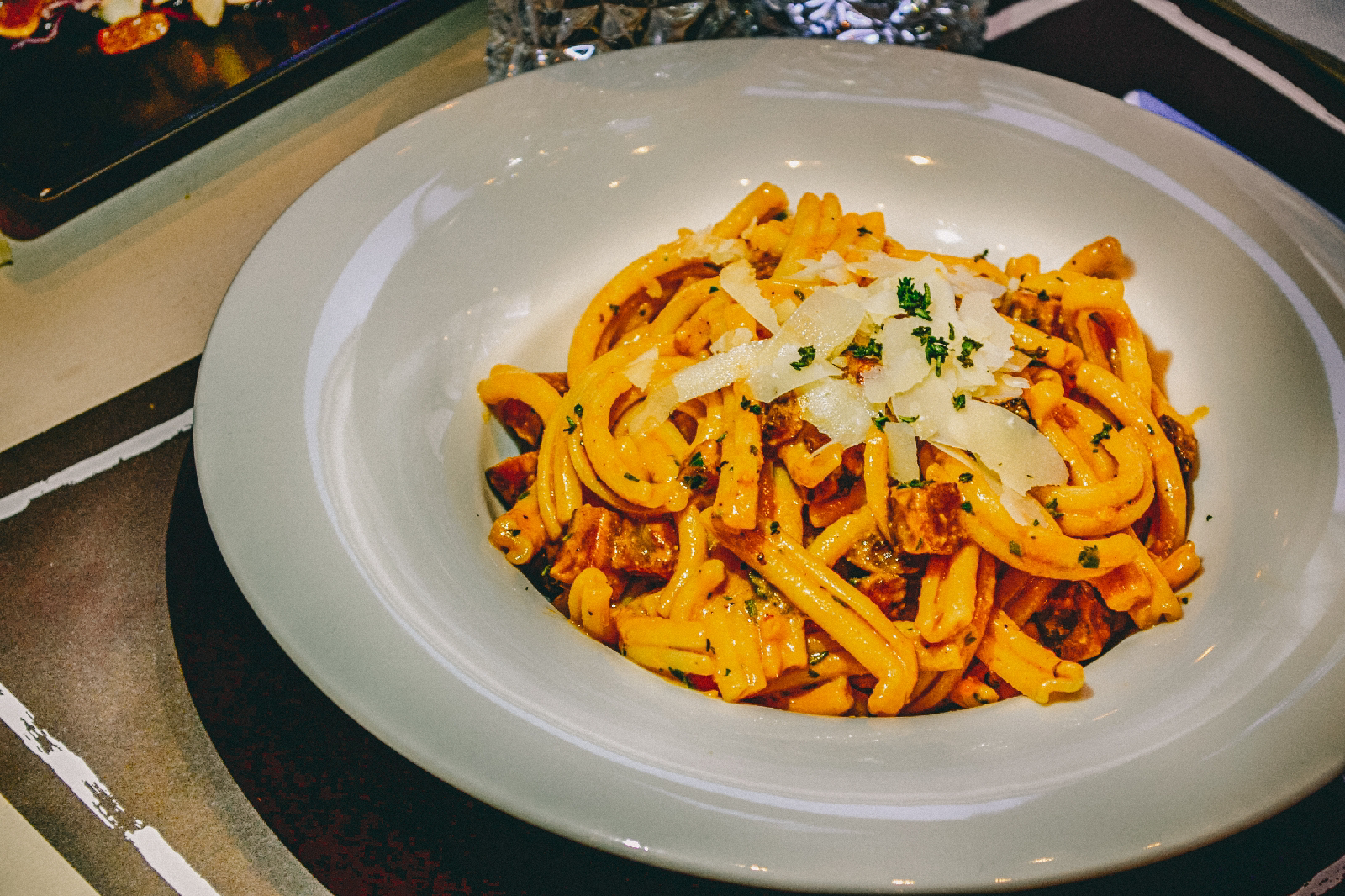We all love indulging in our favorite foods, but did you know that certain food combinations can bad affect on our digestion? It's true!
Food pairing mistakes lead to digestive discomfort, bloating, and even nutrient malabsorption. Some Food combination rules that we follow every day but that should be avoided. In this article, we'll uncover some common bad food combinations and why they should be avoided, in short we'll know Foods that don't go well together.
1. Starchy Carbohydrates and Protein:
When starchy carbohydrates, such as potatoes or bread, are consumed alongside proteins, like chicken or beef, it can create a digestive dilemma. Starches require an alkaline environment in the stomach for digestion, while proteins require an acidic environment. These conflicting requirements can lead to digestive inefficiency, leaving you feeling heavy and sluggish after your meal. To avoid this, consider pairing starchy carbohydrates with non-starchy vegetables instead.
2. Fruits with Other Foods:
Fruits are a healthy choice, packed with essential vitamins and minerals. However, consuming them immediately after a meal or in combination with other foods can cause digestive disturbances. Fruits are digested quickly, but when eaten with slower-digesting foods like proteins or fats, they can get held up in the digestive tract, leading to fermentation and gas. For optimal digestion, enjoy fruits on an empty stomach or as a snack between meals. Also read Bedtime Habits to avoid.
Like Melons have high water content and are easily digested. When combined with other foods, especially heavier ones, they may stay in the stomach for longer, ferment, and cause digestive issues. An Unhealthy food combinations you should avoid.
3. Honey cooked or heated:
Ayurveda advises against heating or cooking honey as it can generate toxins and become harmful to the body. Honey is best consumed in its raw form, added to foods or beverages that are at room temperature.
Honey and ghee in equal quantities: Consuming equal amounts of honey and ghee can overload the liver and create imbalances in the body and a Poor food combinations.
4. Mixing Acidic Foods:
Combining acidic foods like tomatoes or vinegar-based dressings with other acidic foods can exacerbate acid reflux and heartburn. This is because the excessive acid content in the stomach can overwhelm the lower esophageal sphincter, leading to the regurgitation of stomach acid into the esophagus. It's best to balance acidic foods with alkaline options, such as leafy greens or root vegetables, to promote proper digestion.
5. Starches and Sugars:
Indulging in a plate of pasta followed by a sugary dessert may sound appealing, but it's a recipe for digestive disaster. Starches require an enzyme called amylase for digestion, while sugars require a different enzyme called sucrase. When consumed together, these enzymes can compete for resources, leading to incomplete digestion and discomfort. For a more harmonious digestion, try to separate your starchy and sugary treats.
Here are some examples of food combination with dairy products that can affect your body in a bad way,
1. Dairy and Citrus:
Many people enjoy a glass of orange juice with their morning cereal, but this combination can be problematic. The high acid content in citrus fruits can curdle the proteins found in dairy products, leading to indigestion and discomfort. Instead, you can enjoy non-acidic fruits like berries or enjoy your dairy products separately from citrus fruits. Also read Plants To Purify Indoor Air.
Like Mixing milk with sour fruits like oranges, pineapple, or strawberries is not recommended in Ayurveda. Because Milk is considered sweet and cooling, while sour fruits are acidic. The combination can create an imbalance in digestion, potentially leading to issues like bloating, gas, and indigestion.
2. Milk with fish:
Ayurveda advises against combining milk and fish in the same meal. Milk is heavy and takes longer to digest, while fish is light and easily digestible. Mixing these two can create an incompatible combination that may lead to digestive disturbances, toxin formation in the body.
3. Banana with milk:
Eating bananas and milk together is considered a conflicting combination in Ayurveda. It is believed to create heaviness in the stomach and may lead to the formation of toxins, potentially affecting digestion.
4. Radish with yogurt:
Combining radish and yogurt is discouraged in Ayurveda. Radish is believed to have heating properties, while yogurt has cooling properties. Mixing these contrasting qualities can potentially affect digestion and lead to imbalances in the body.
5. Milk with fermented foods:
Milk is cooling, while fermented foods are heating in nature. Mixing these two can create an incompatible combination that affects digestion.
6. Nightshades with dairy:
Nightshade vegetables contain alkaloids that may interact with the proteins in dairy, potentially leading to digestive issues and skin problems in some individuals.
While it's essential to enjoy our meals, being mindful of food combinations can significantly impact our digestive health. By avoiding bad food combinations as I told you above, we can support our digestion and promote overall well-being. We eat healthy food but the combination with it will always matters. Remember, a little knowledge about food pairing can go a long way in ensuring a comfortable and enjoyable dining experience.








0 Comments